Anthologies
MARS HILL AUDIO Anthologies present a provocative assembly of thoughtful and engaging essays, articles, or interviews on a single subject. Each program includes a brief introduction to the topic and suggestions for further reflection. Readings in the Anthologies are read by our host and producer, Ken Myers.
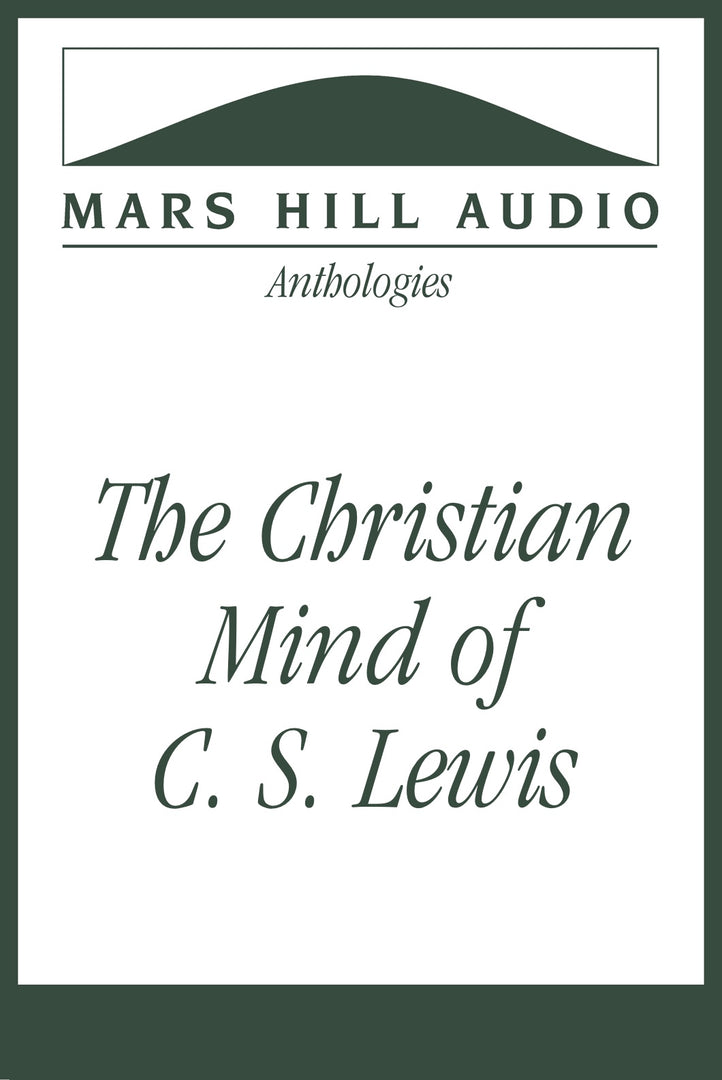
In this Anthology, Ken Myers talks with Clyde Kilby about Lewis’s view of the imagination; with Michael Aeschliman about Lewis’s reasonable distrust of trusting reason too much; with James Como about the rhetorical genius in Lewis’s writing; with Bruce L. Edwards, Jr. about what his students learn from Lewis’s integration of faith and life; with Thomas Howard about the deep meaning of Till We Have Faces; and with Gilbert Meilaender about the surprising approach of Lewis’s apologetics. The program concludes with Alan Jacobs reading his 1998 essay, “Lewis at 100.”
73 minutes.
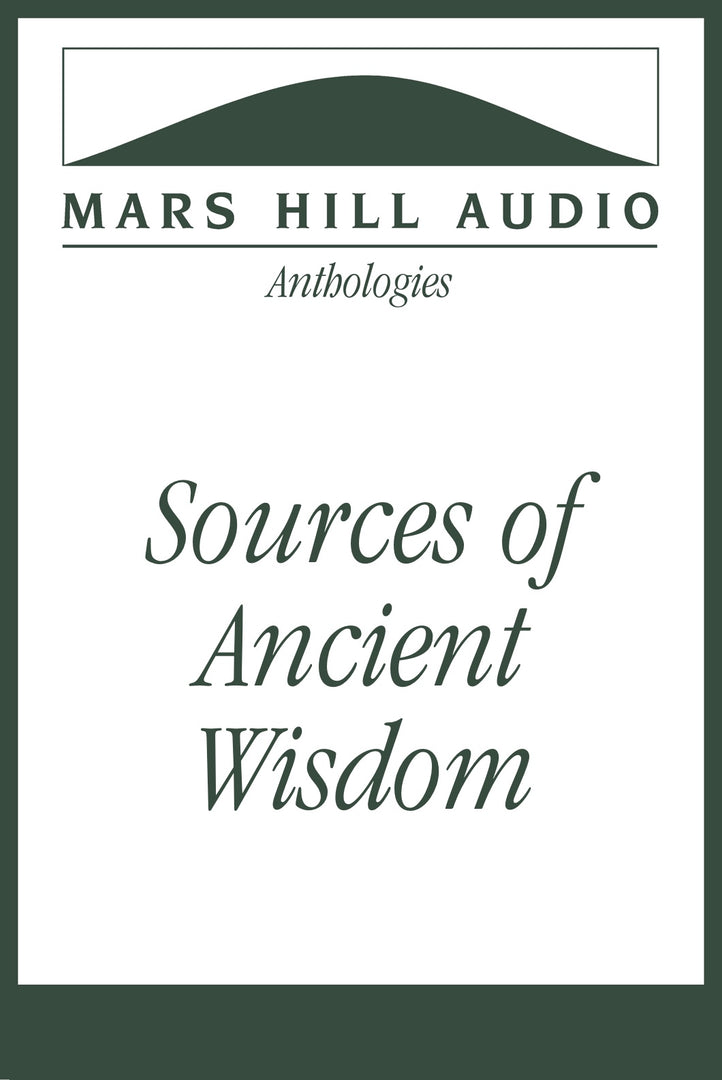
Excerpts from two recent books explain how and why a greater familiarity with the forms of faithfulness of our spiritual predecessors is an important resource for twenty-first century Christians. An excerpt from Reading Scripture with the Church Fathers, by Christopher A. Hall, explains how commentaries on biblical texts from the first six centuries of the Church can provide much-needed perspective for contemporary believers. A chapter from Retrieving the Tradition and Renewing Evangelicalism: A Primer for Suspicious Protestants, by D. H. Williams, summarizes how it is a misreading of Scripture and of the history of Protestantism to insist that revelation and tradition are antithetical concerns of the Church.
Read by Ken Myers. 96 minutes.
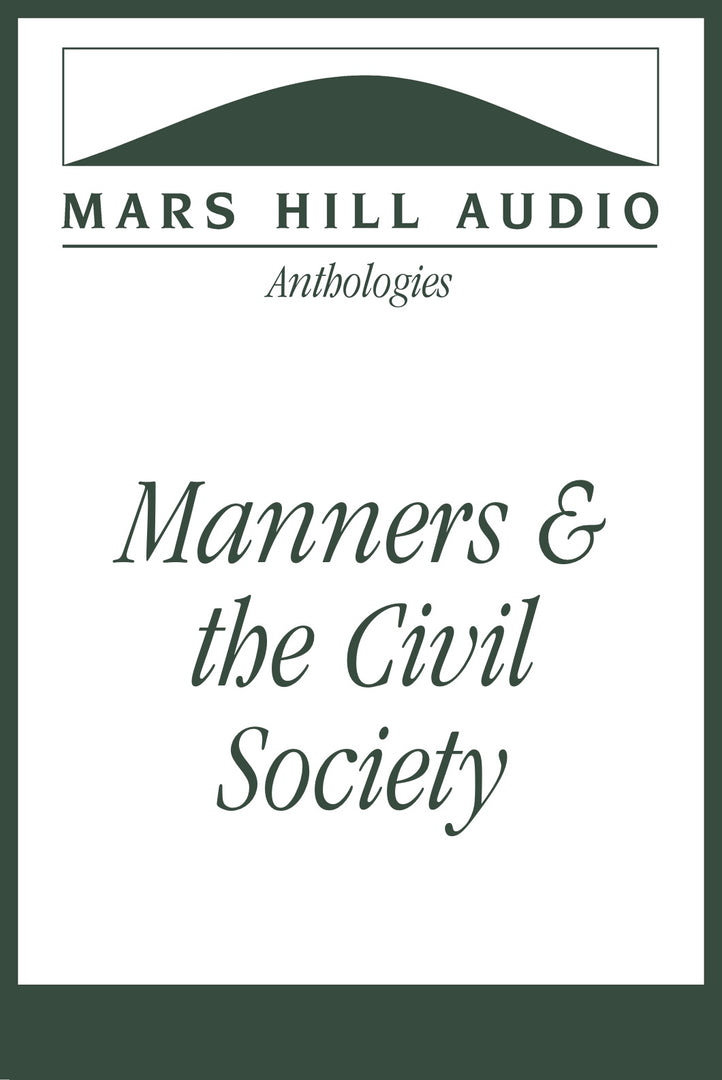
Essays by Judith Martin (“Miss Manners”), Gertrude Himmelfarb, Deal Hudson, and James Morris discuss the relationship between manners and morals, and address the way in which the survival of a democratic society depends upon its citizens' respect for one another—respect that is manifested in the symbolic language of manners.
Read by Ken Myers. 90 minutes.
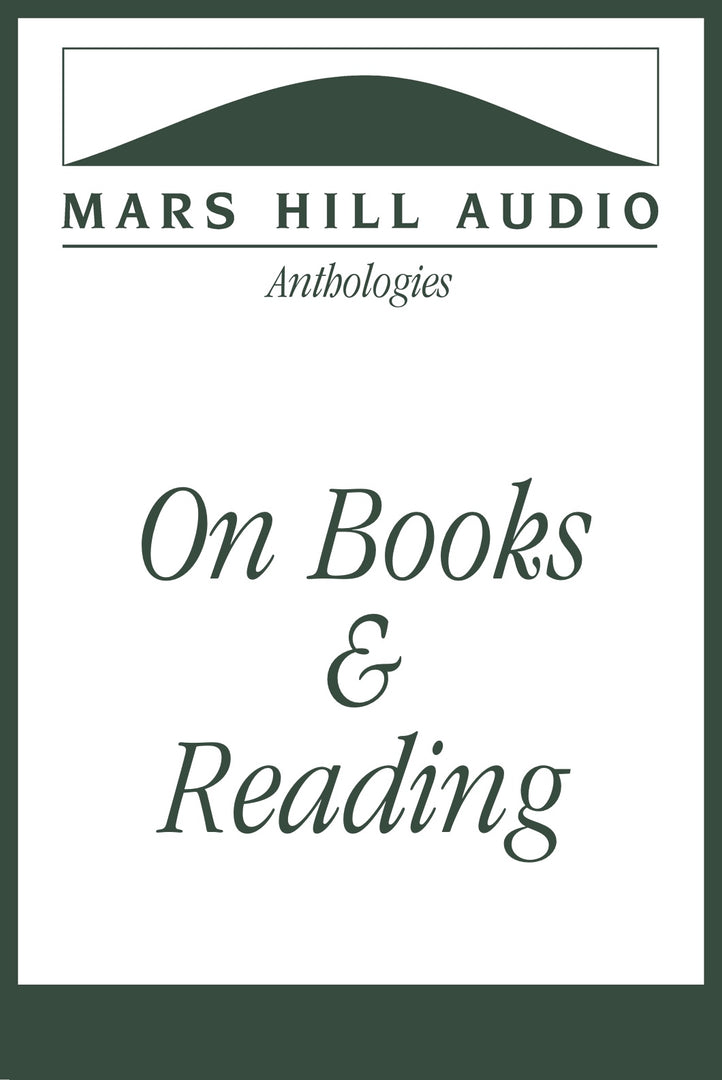
In this Anthology, Ken Myers talks with poet and former National Endowment for the Arts chairman Dana Gioia about the decline in reading among Americans of all ages and education. Also discussing the benefits of reading and the tragedy of its decline are literary critic Sven Birkerts, painter Makoto Fujimura, columnist Maggie Jackson, pastor-theologian Eugene Peterson, preacher and media ecologist Gregory Edward Reynolds, and portrait painter Catherine Prescott.
73 minutes.
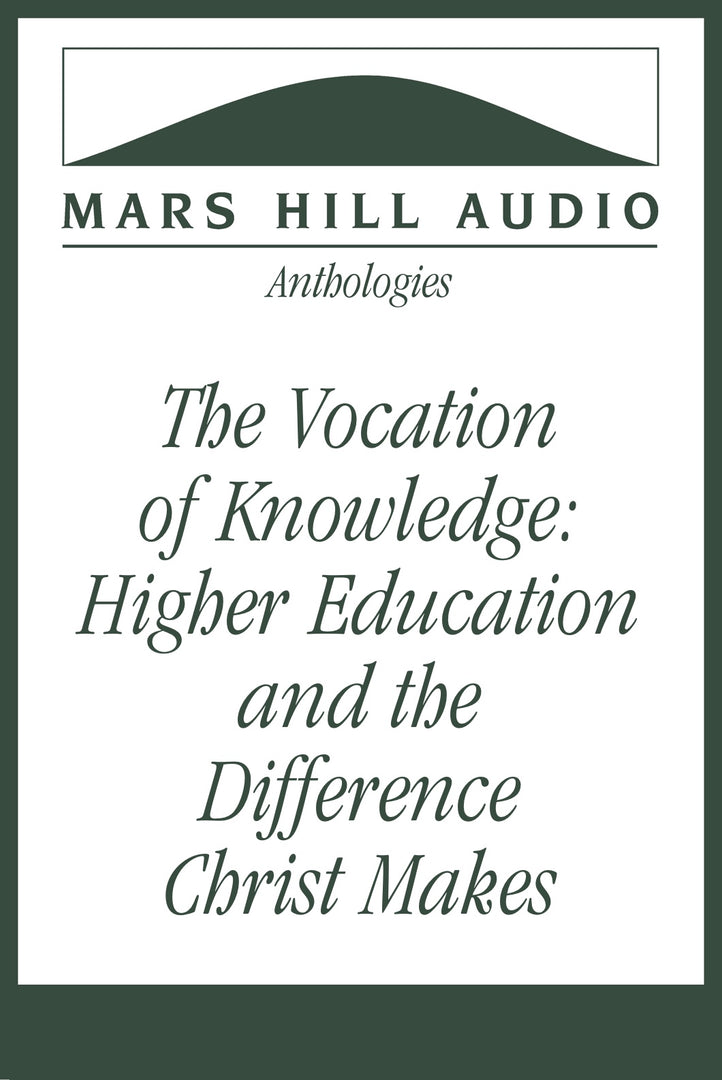
In this Anthology, Mark Noll (The Future of Christian Learning) describes why serious Christian learning requires a confidence that the Gospel has broad social and intellectual consequences. Norman Klassen and Jens Zimmermann (The Passionate Intellect: Incarnational Humanism and the Future of University Education) explain why the term “Christian humanism” is especially apt in describing the aims of Christian higher education. James K. A. Smith (Desiring the Kingdom: Worship, Worldview, and Cultural Formation) develops the idea that education is more about formation than information, and that we are formed by our participation in liturgies, whether at church or at the mall.
78 minutes.
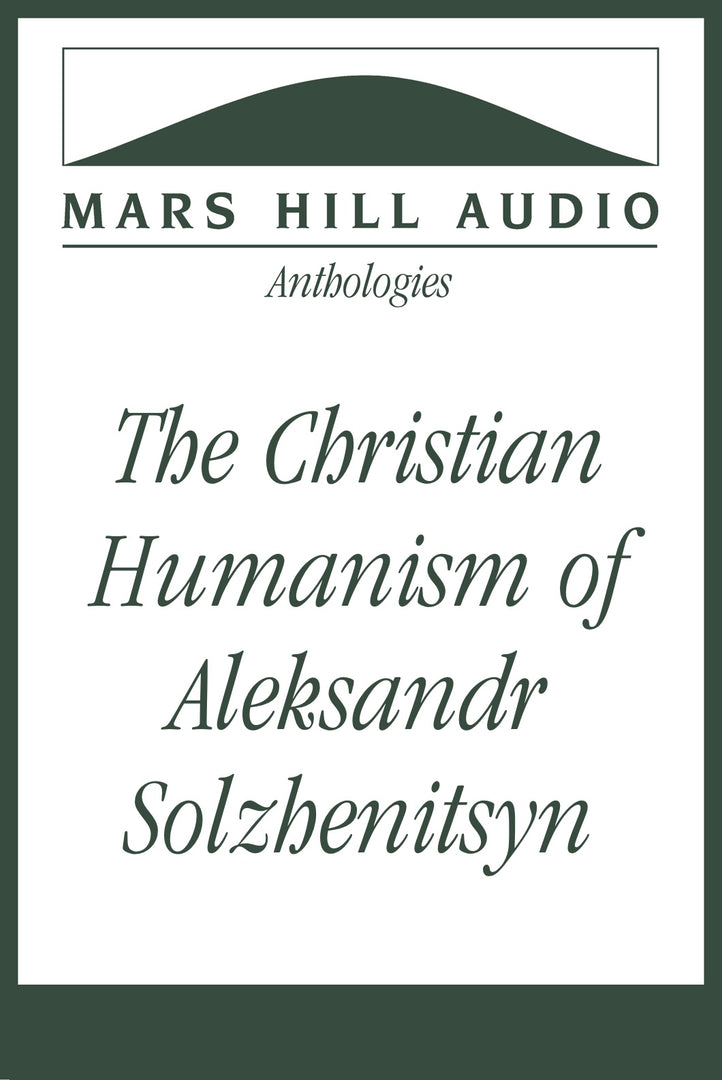
The death of Solzhenitsyn in 2008 provided an opportunity to reassess the life and work of this remarkable figure, whose accomplishment is discussed on this Anthology. Ken Myers talks with the late Edward E. Ericson, Jr. (Solzhenitsyn and the Modern World and co-author of The Soul and Barbed Wire), David Aikman (Great Souls: Six Who Changed the Century), and James Pontuso (Solzhenitsyn's Political Thought) about the conditions and experiences that transformed Solzhenitsyn from a committed Communist schoolteacher to a Nobel Prize-winning novelist and the global symbol of heroic resistance to tyranny. One of the main themes emphasized by these three guests is that Solzhenitsyn was not principally concerned with politics, but with human nature and purpose, understood in light of the Christian account of reality.
73 minutes.
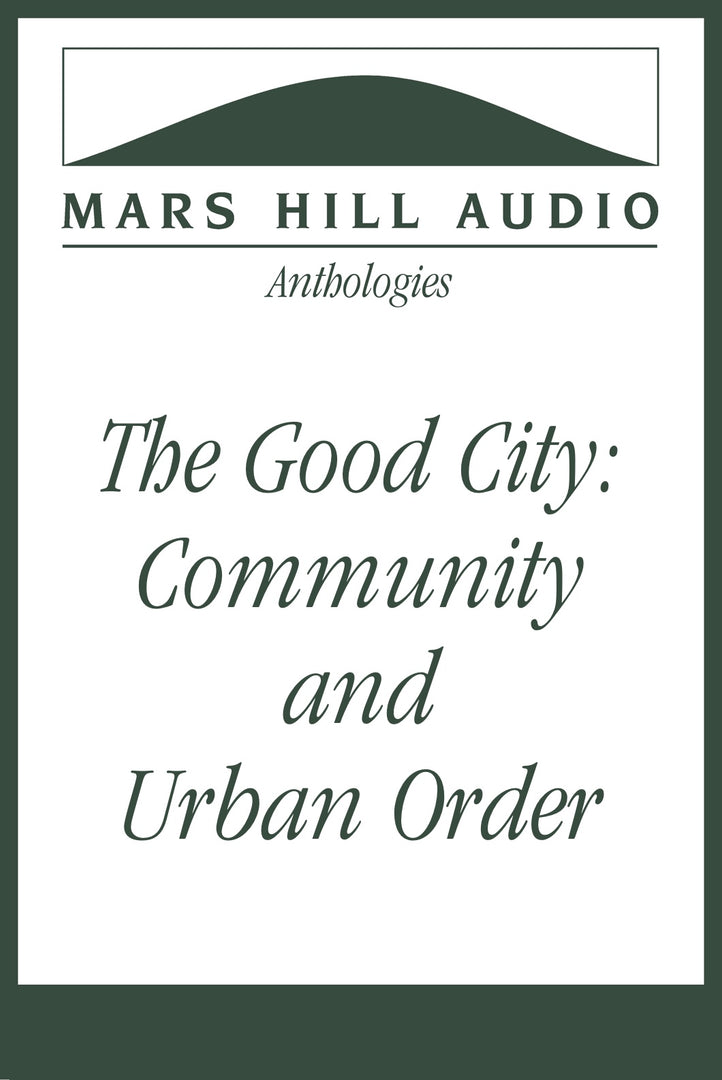
In this Anthology, Ken Myers talks with architects, historians, activists, and clergy about how loving our neighbors can and must take shape in how we order the material aspects of shared life. The conversations on this Anthology give particular attention to how the New Urbanist movement has challenged the dehumanizing effects of modernism in urban design.
100 minutes.
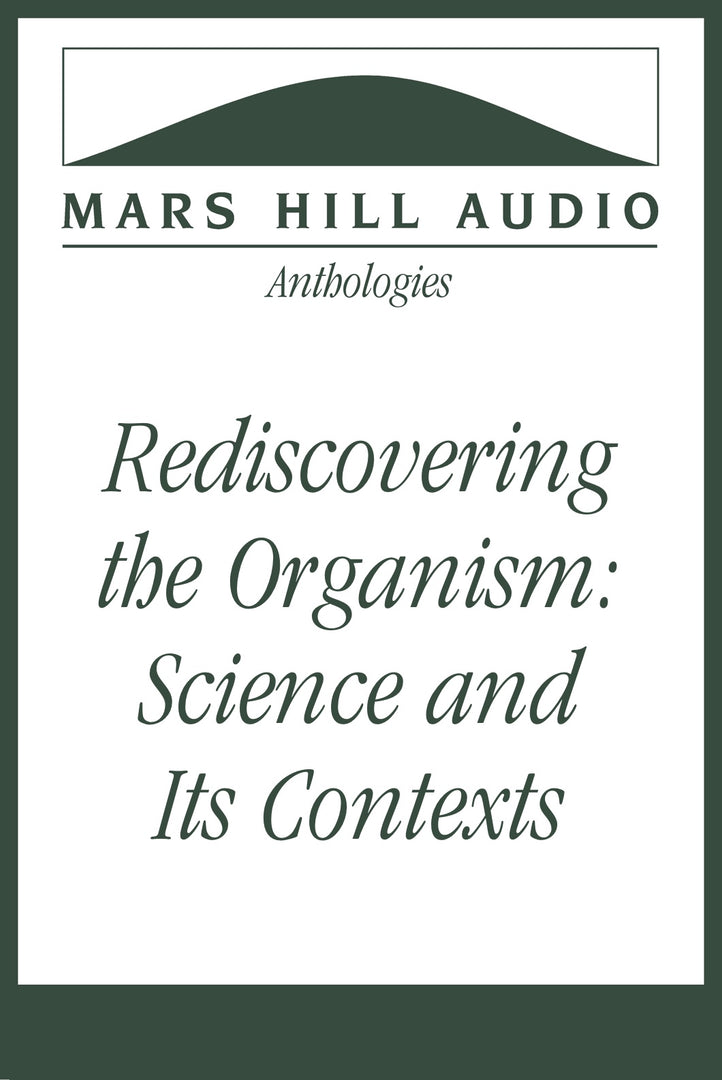
Modern culture is profoundly shaped by science—by its methods, its products, and its public authority. The centrality of science in modern society affects how we think, what we think about, the kinds of conclusions we come to, and the kinds of assumptions that we hold—including assumptions about what sort of creatures we are and what sort of lives are most fitting for our nature. Theologian Lesslie Newbigin has argued that science has effectively eliminated “Why” questions from our culture. Modern Western people, he wrote, have “a disposition to believe that purpose has no place as a category of explanation in any exercise that claims to be ‘scientific,’ and thus to look for the explanation of everything, including both animal and human behavior, without reference to purpose.
This anthology features philosophers, theologians, historians, and research scientists, all of whom have thought deeply about the interaction of science with other disciplines and with the settings in which science is practiced and exerts its influence. One theme that emerges is how science in answering “How?” sometimes obscures the “What?” of specific things, as well as the “Why?” of all things.
1 hour 47 minutes.
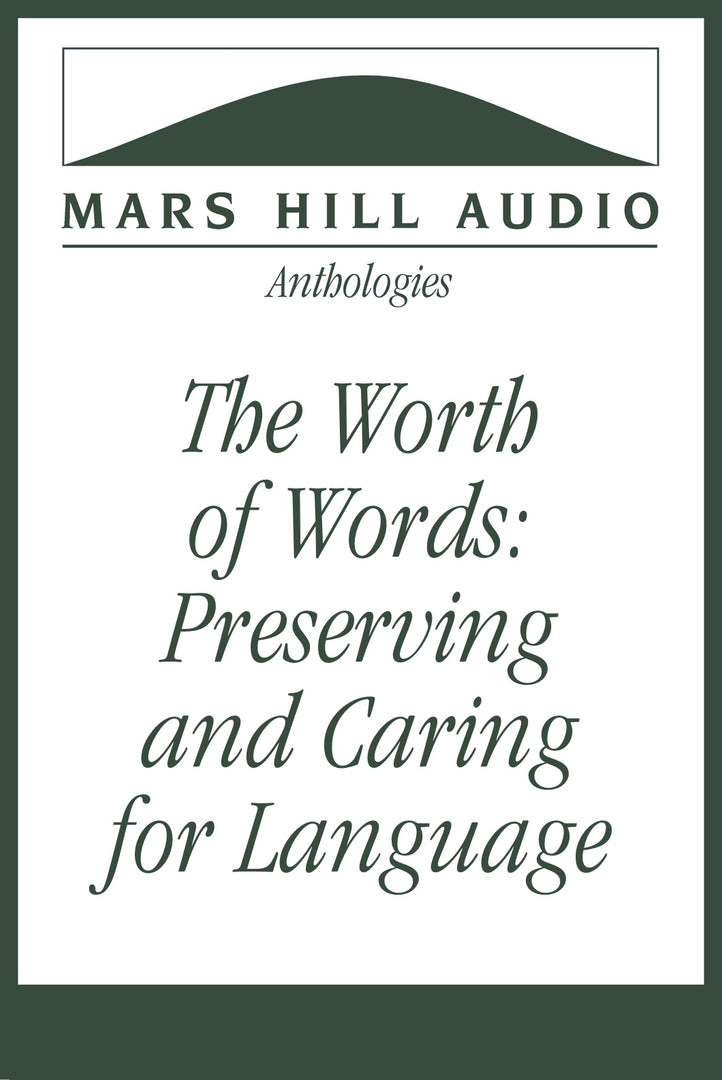
In this Anthology, Ken Myers speaks with guests John McWhorter, Marilyn Chandler McEntyre, and Craig Gay about our world’s linguistic ailments. They recognize the power of language to enrich our relationship with God, with each other, and with all of Creation and suggest habits rooted in recognition of the glorious possibilities of words lovingly and thoughtfully employed.
65 minutes.
Since 1993, the Mars Hill Audio Journal has provided thoughtful interviews and commentary to thousands of listeners.
Now you can sign up for a membership and listen to almost everything we’ve produced for over 30 years, as well as many hours of content from Partner organizations.
